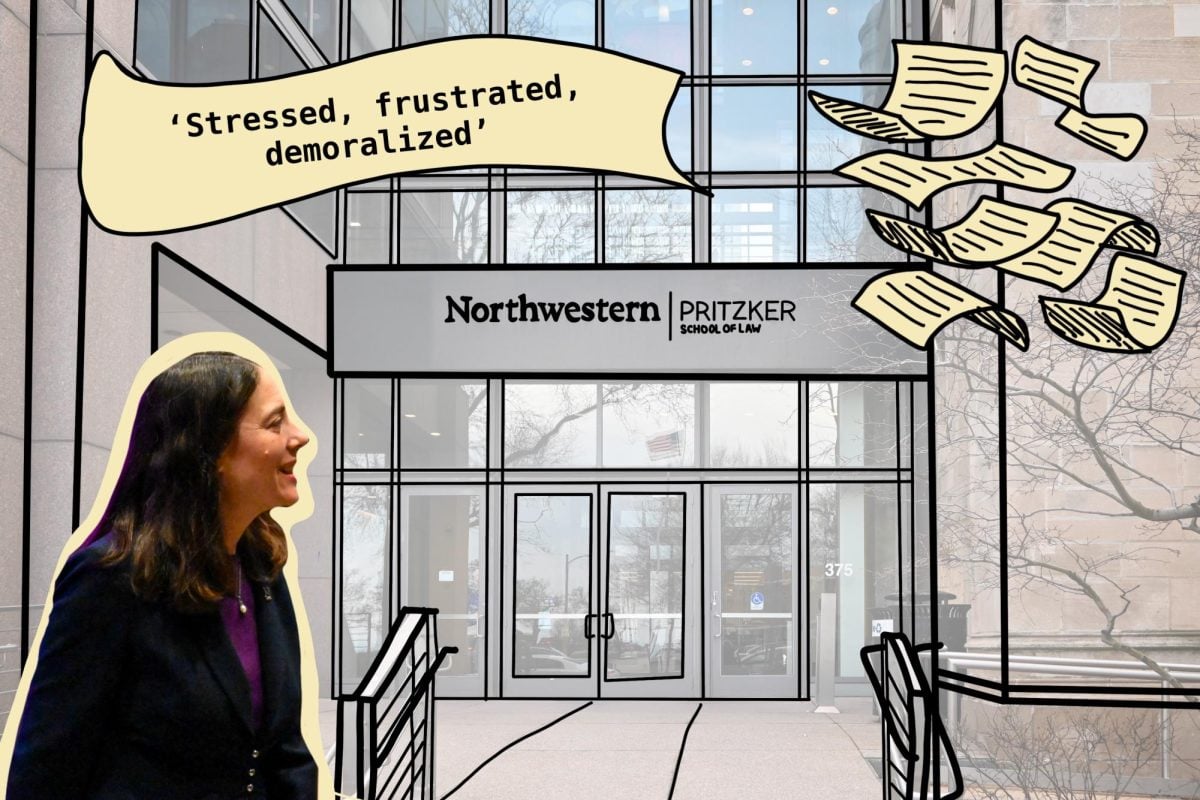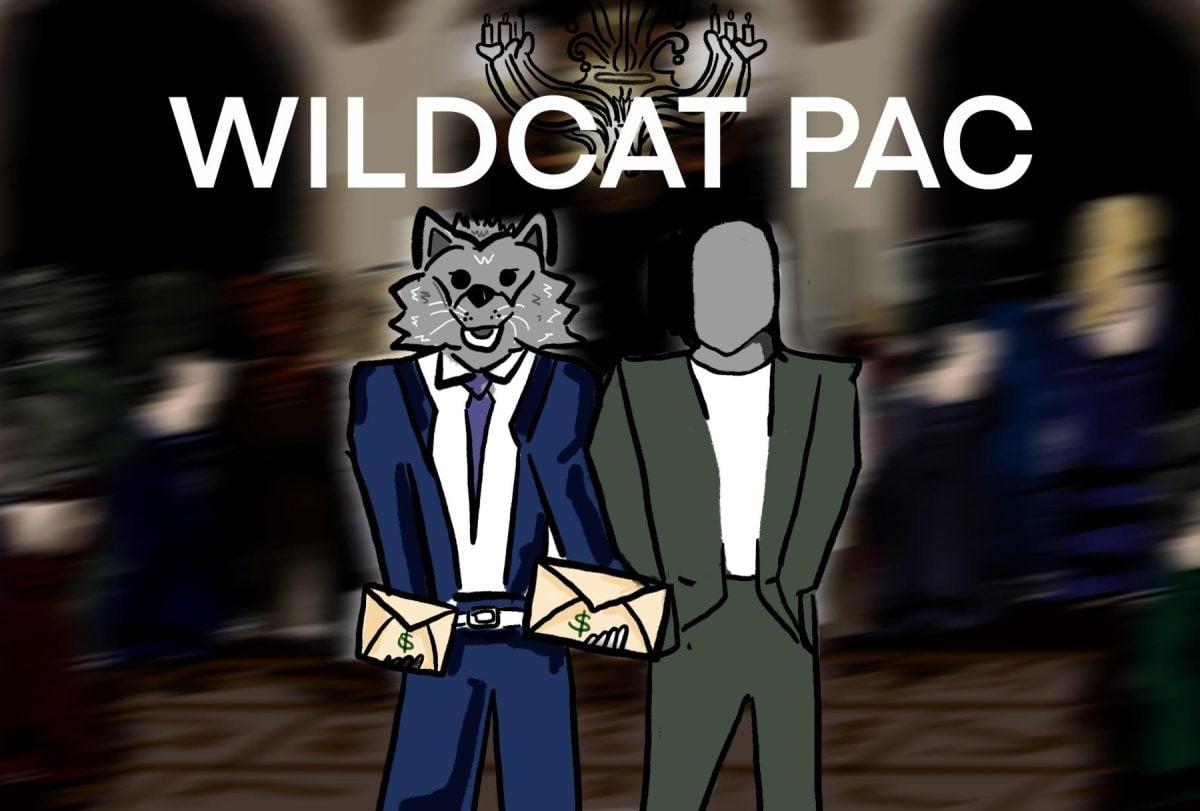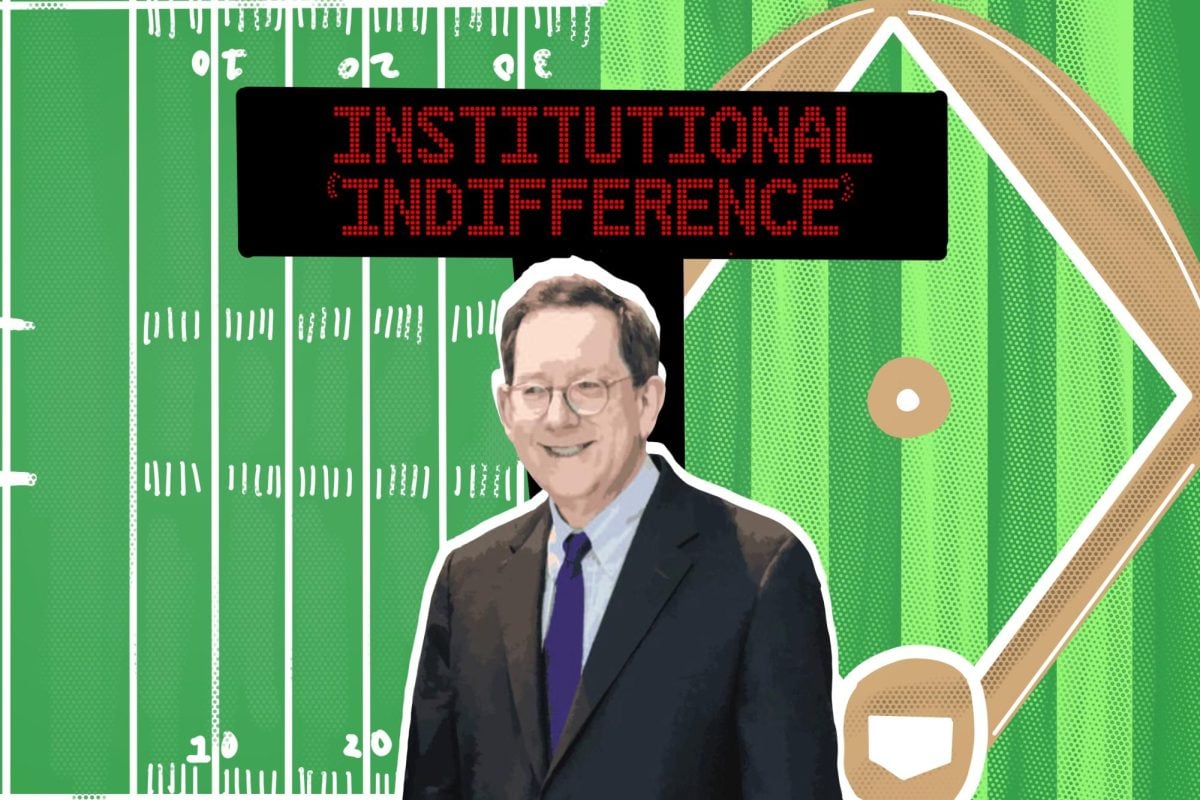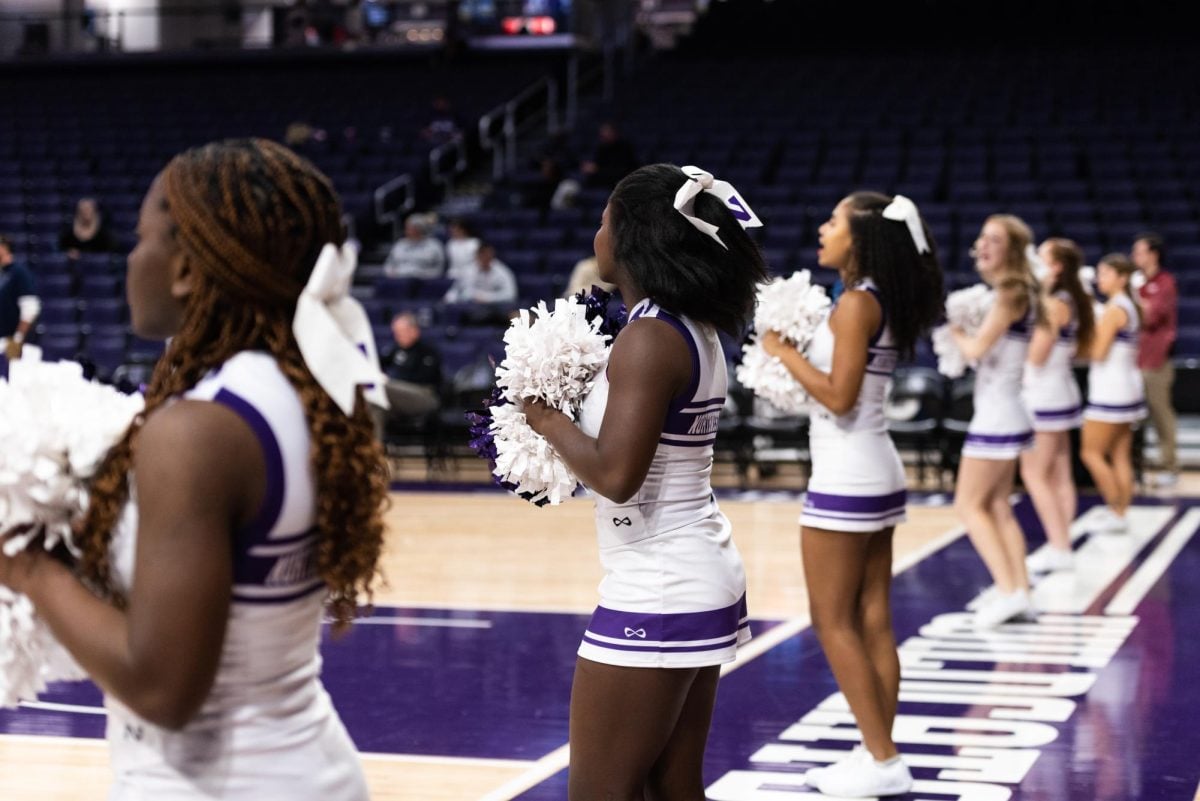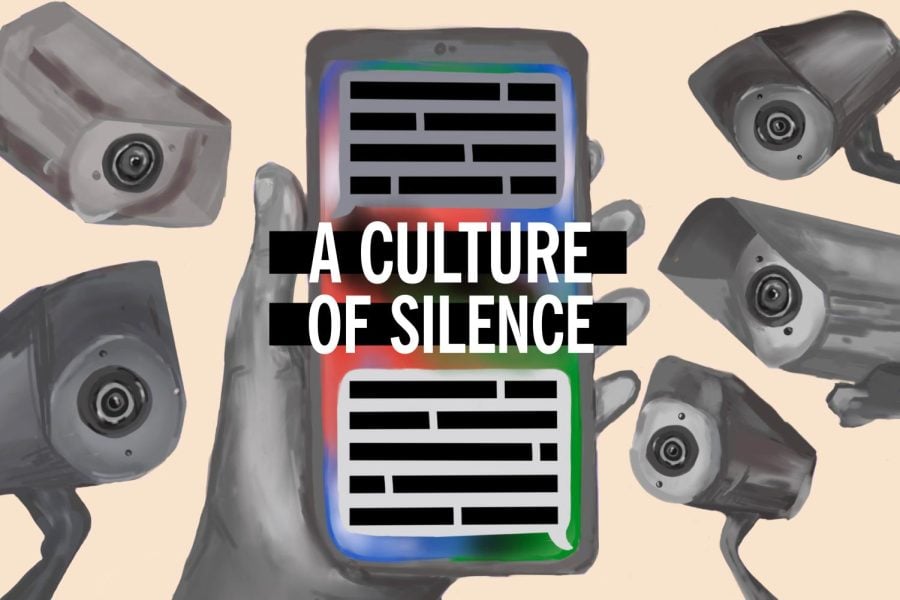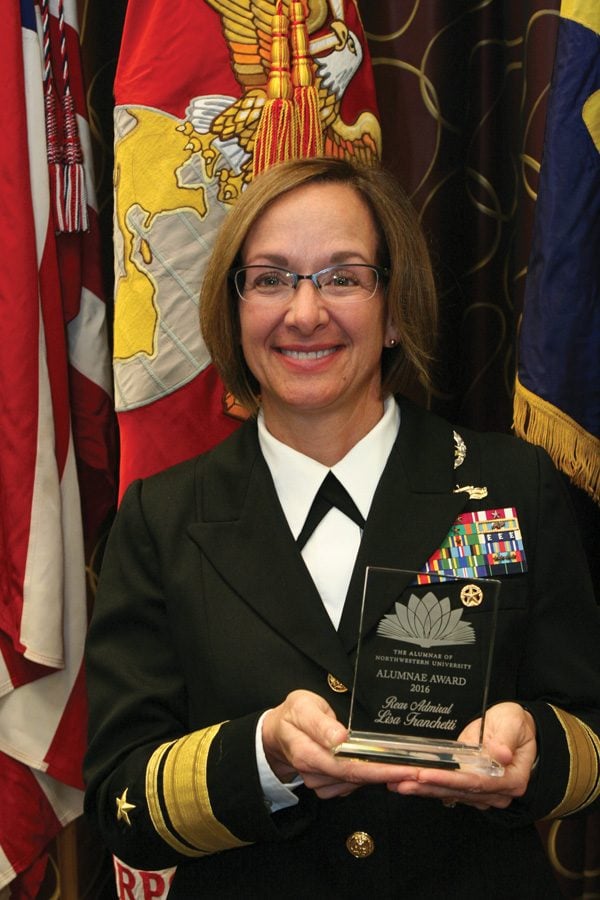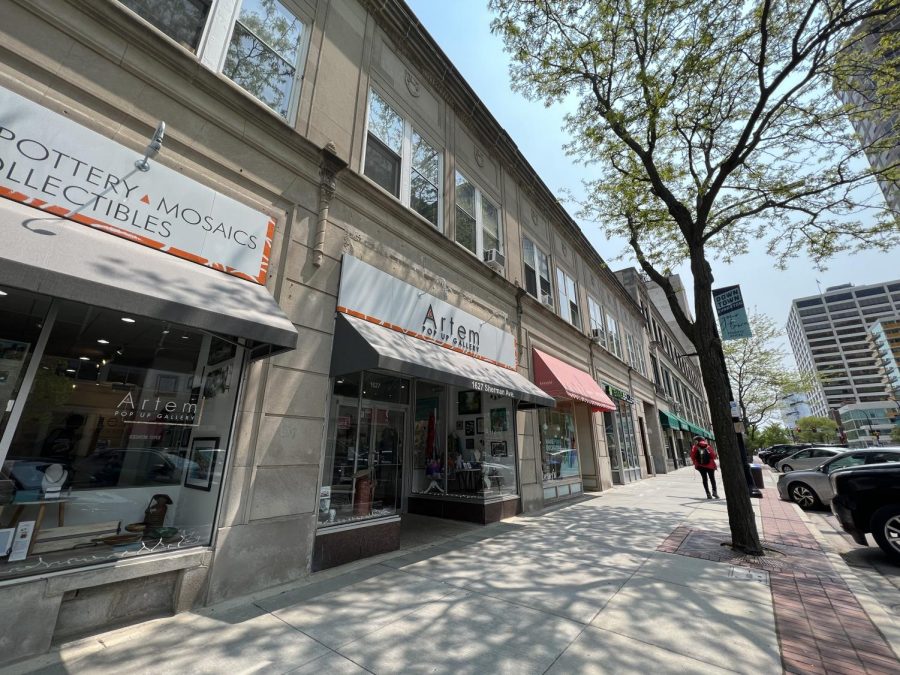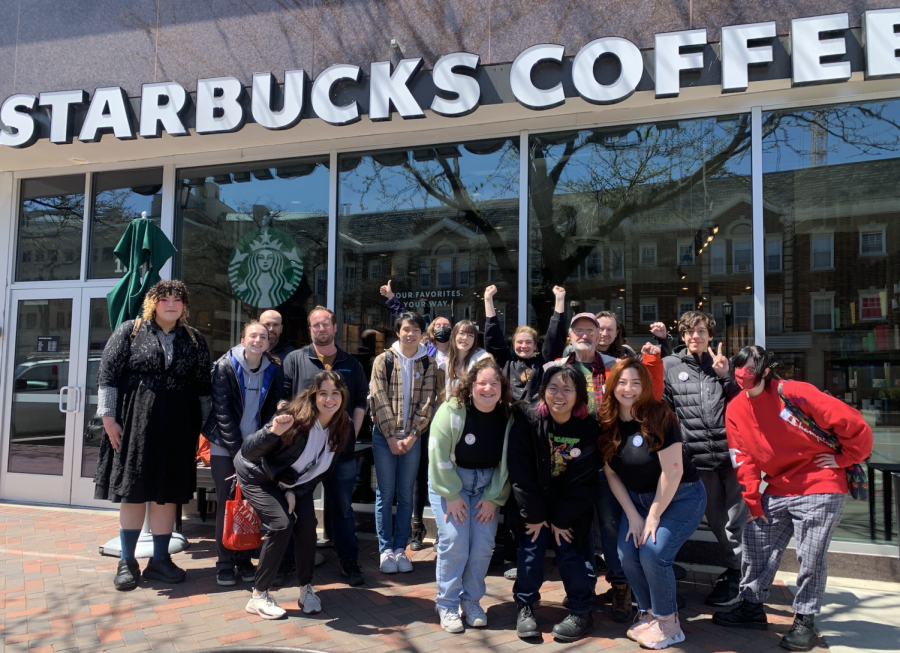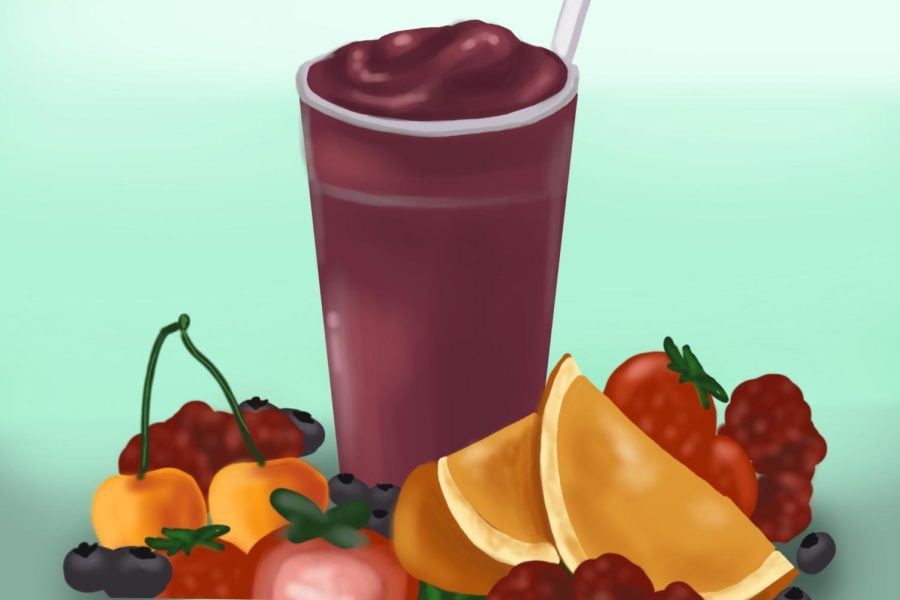In October, the Cook County state’s attorney’s office sparked controversy when it subpoenaed materials, documents and e-mails regarding the Anthony McKinney case from Medill Prof. David Protess and his Investigative Journalism class, an action which may “chill” efforts to work on future cases, Protess said. Media outlets, journalism professionals and ethics experts have debated how the students should be treated by the state of Illinois – as students, journalists or both – and how this can set a precedent for future cases. Protess spoke with The Daily about his class, which he has been teaching for almost 20 years, and the Medill Innocence Project, which has existed for about 10 years.Daily: How does your investigative reporting class fall under the umbrella of a journalism class?
Protess: The standards and practices of the class are the same as those used by news organizations when they gather information in similar situations. It’s an experiential learning class, for learning investigative reporting by practicing it. (For) students investigating real-world murder cases involving possible wrong convictions, the sole goal is finding truth… I have adopted that for my class, and they are treated in the real world as journalists.
When they go to interview a prisoner at the Illinois Department of Corrections they are there to interview – not visit the prisoner. They are there in a professional capacity. They are given the same status by the Department that journalists get.
Daily: Is the main purpose of the course to provide evidence or to produce work that will be published?
Protess: Investigative Journalism is a one-unit elective class. The goal is to learn investigative reporting techniques. There is a separate project called the Medill Innocence Project, and that takes the work and exposes it through publication. Students are not involved in that. We have a paid staff.
Daily: What was your response to (Judge Diane Cannon’s) actions in court during the hearing?
Protess: I don’t feel comfortable making comments about the judge in the case. I believe she will end up ruling wisely, and the reason I believe this is that the law is on our side. And if we happen to lose, we will appeal.
Daily: Do you think the precedent set by the case, if it ends up going to appeal, will have more weight?
Protess: The case would have far more weight if it is appealed. In order to get it that far, she is probably going to have to hold us in contempt. A judge’s decision about a subpoena is not itself appealable.
I am prepared for every eventuality. There are no circumstances under which I will reveal my students grades or e-mails – to do so would violate federal privacy law. I will also refuse to comply with any demand to turn over unpublished information, because that would set a terrible precedent for other student journalists. We are picking up the slack because of the lack of resources nowadays to do investigative reporting.
Daily: What do you do between now and the Jan. 11 hearing? Business as usual?
Protess: The only change is that I’ve been distracted by all this. A large chunk of time has been spent dealing with this case, but it hasn’t prevented me from teaching every class, meeting with students and exchanging e-mails and phone calls with them while they are in the field. We continue to go forward and do what we’ve always done, which is to dog relentlessly until the truth emerges.
Daily: Do you see Medill Dean John Lavine or other administrators stepping in with some sort of decisive action? Do you think Medill and the University as a whole have stepped forward to support you and your students?
Protess: John Lavine has acted quite often as a spokesperson at times when I was discouraged from speaking out by my lawyers. What I found most touching was the response I got from the alums, more importantly students who worked on the McKinney case over that three-year period.
The fact that people are standing in the way shows I am touching a nerve, and that my students are doing their job holding the third branch of the government accountable.[email protected]
Editor’s note: The original version of this article incorrectly stated that the Illinois state’s attorney’s office issued the subpoena. The subpoena was issued by the Cook County state’s attorney’s office. The Daily regrets the error.

